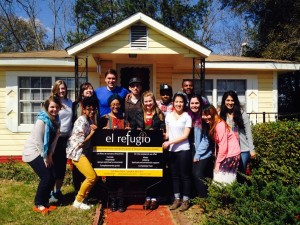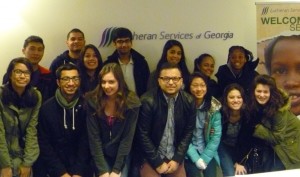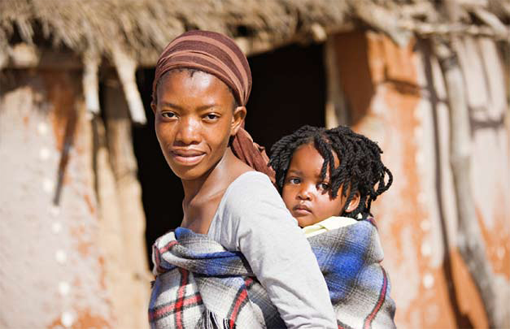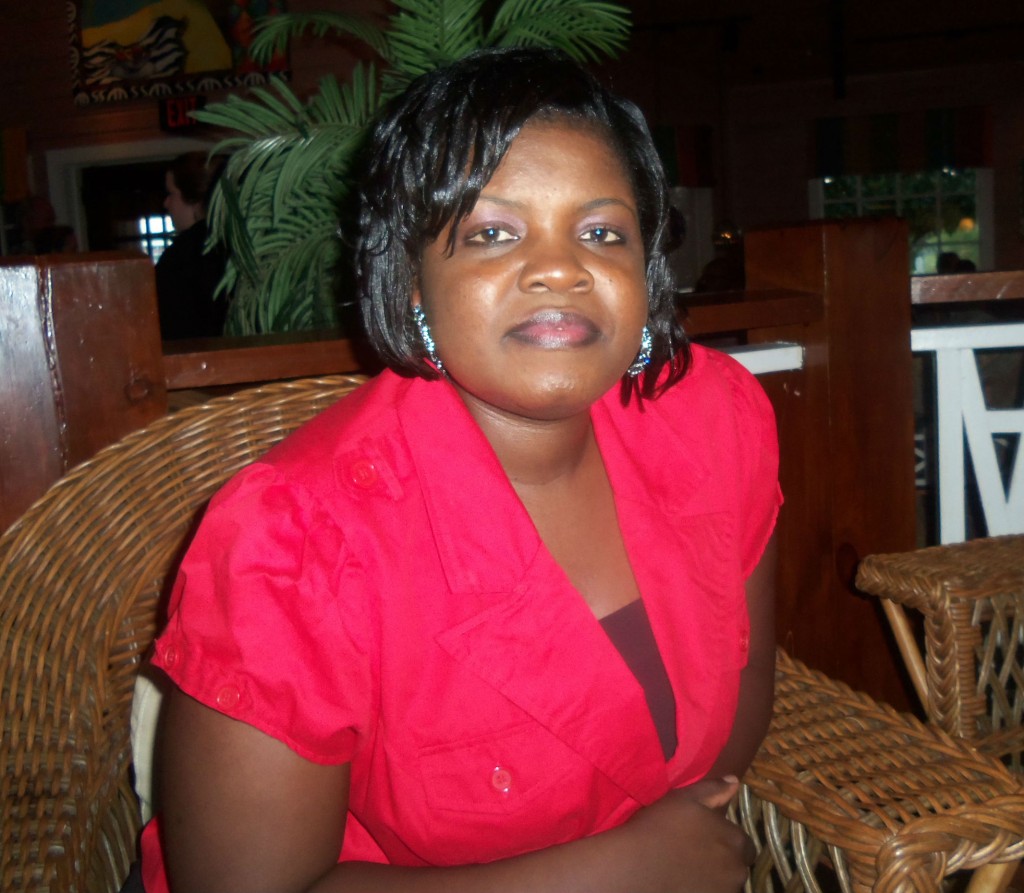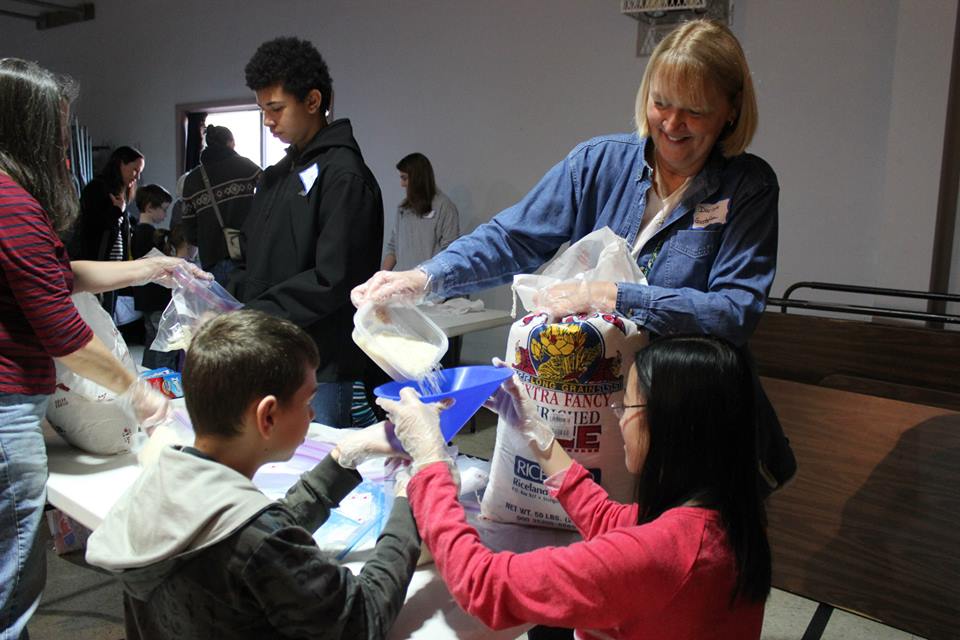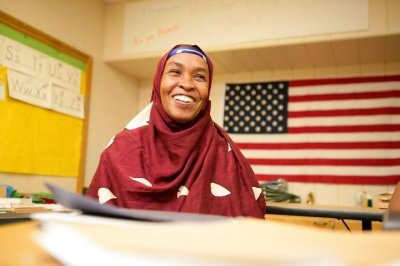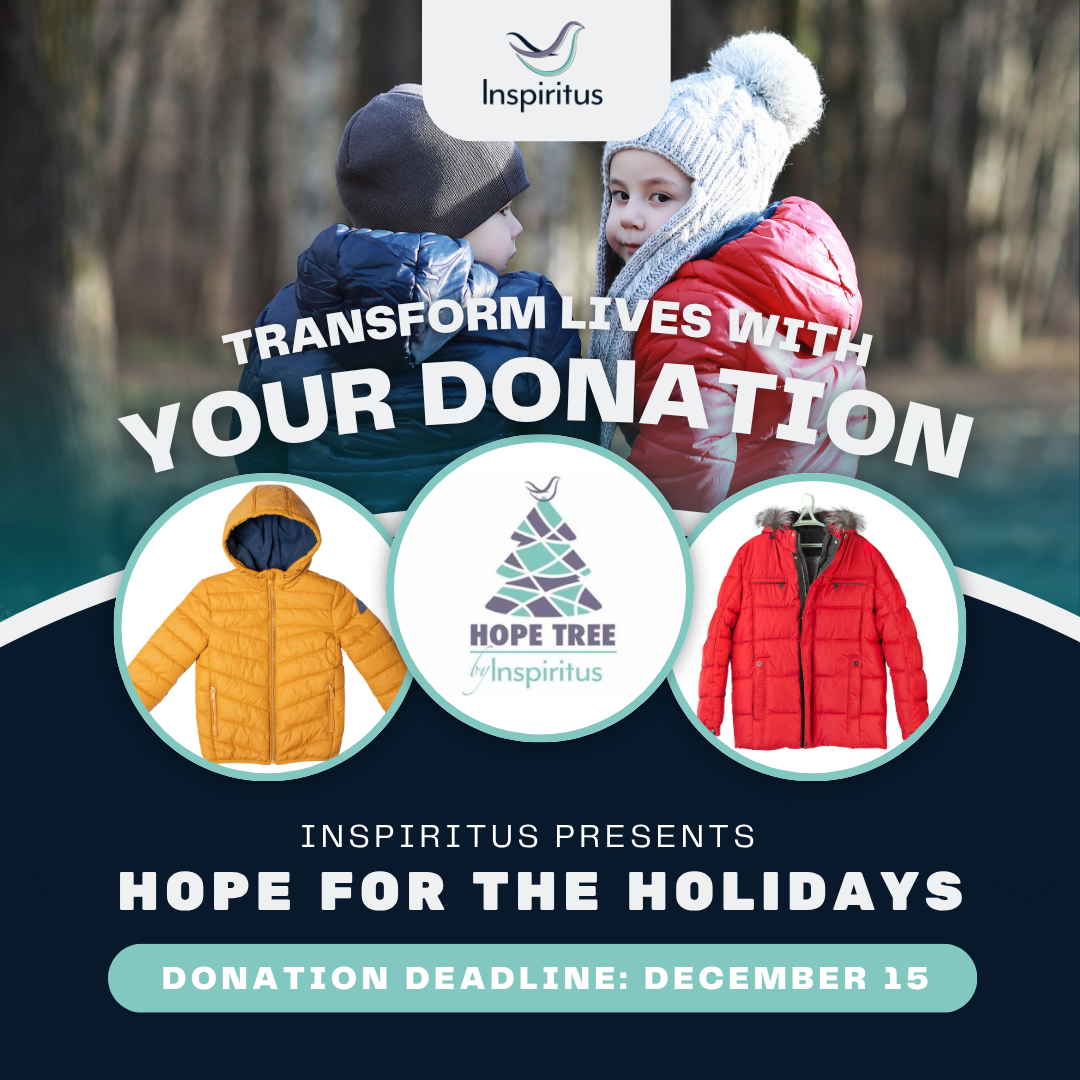Jessie Griggs Burnette, a former LSG resettlement intern and current volunteer, recently spent time with refugees in New Delhi, India. Jessie is currently studying for her Master’s in Anthropology at Georgia State University. On our blog, Jessie will be writing a three-part mini-series based on excerpts from her journal. Read her first post below.
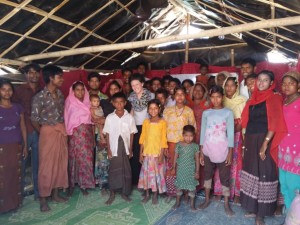
Important Note: This trip to India was not for publishable research. This was a personal voyage to meet a group of people that I knew were in need of help and attention. This blog post is, literally, a glimpse into my personal diary. It isn’t meant for publication or academic use. It is simply a raw reflection of my experiences. I am often asked about my own feeling as I travel and work abroad. I feel that by sharing my own feelings and thoughts with the public, I may be able to convince others to take risks – to face their fears. It is easier than one may think to travel, learn, and help. Everywhere I go, I am met by kind and generous people, always protecting and guiding me. Others can do the same. I want to be a voice for those who can’t use their own. Sharing my personal experiences within a community waiting for resettlement is one way I can do so.
Today I finally visited a community that I have been trying to reach for more than two years. I made my way through Delhi once more via air conditioned vehicle with a private driver. Each time I do this I feel so over-privileged. Nonetheless, I do it because my hostess insists it is the only safe way.
The expedition takes about 45 minutes from where I stay to the area of the city that is home to many Burmese refugees. As I travel, I try to locate landmarks, but I am unsure of the direction I am traveling in. I go through what I believe to be a wealthy area. I see a KTM store, some fancy hotels, and a McDonald’s. It is hard to judge with my American standards what is wealth and what is common. As in most places, poverty is pretty easy to identify, but the lines blur in the more upscale areas. I am positive these lines do not blur for the local community, but I am not properly trained to identify social cues leading me to a clear conclusion on the subject. Anyway, I arrive around 11 at the address that I received via email from my Burmese contact. He is a Christian Pastor and community leader. He has told me to meet him at a local school, and he will take me from there to his home where the rest of the community leaders have gathered. While traveling to meet him, I think about the insanity of what I am doing. I have flown 30 hours to a country that I do not know how to navigate properly, and I am now traveling another 45 minutes via car without a cell phone or any true personal protection to meet a stranger, a man, who claims to be a refugee community leader. When I write it down or say it aloud, I feel like I must be a mad woman. My mind tells me I should be wary, but I have zero visceral reaction. I do not feel afraid. If I do have fear, it quickly dissipates, and I force myself to move forward.
As my driver gets closer to the school, I wonder how in the world I will recognize this stranger in a city of 18 million people. We approach the address, and I immediately spot the Burmese face in the crowd. He, in return, quickly spots the American girl traveling alone via fancy auto. There is no time wasted for introductions. He greets me with a warm smile and a handshake. He explains that his home is a few blocks away, so we both climb into the auto and he directs the driver down a skinny side street. We have arrived. The driver parks next to some bricks stacked unsteadily as high as the car. Somehow he manages to keep from blocking the street. I am always amazed at how India seems to swell to the perfect size for fitting whatever is needed. I follow the pastor to his apartment complex. As I ascend the stairwell, I am gripped with a moment of fear. The stairway is dark and narrow. The stairs are steep, in regular Indian architectural style, and I am following a stranger right up them. I stifle out the hesitation, take a deep breath, say a quick prayer for protection, and continue up to his apartment. As soon as I enter I feel at home. Relief floods my senses, and the kind greetings from four Burmese women and one man leave me feeling like I am back in Clarkston. I am immediately astonished at the fantastic English spoken by these refugees. All, with the exception of two, speak English almost perfectly. I am offered a chair while they sit on the floor on a mattress that doubles as a sofa. The pastor also takes a chair.
They have a water cooler, which is most definitely considered a luxury, a computer, and a tablet. They all work fulltime jobs and have been in the country many years. They share rent in three different apartments and help one another to afford this lifestyle.
As we begin to talk, I am incredibly impressed by one young man and a lady in the room. They are vivacious and strong. They are fighters and lovers. Their heart is broken for their people, but they have fought hard against inequality for the Burmese community. The young man in the room is attending college in Delhi. He does so illegally. He created a false identity and registered himself. He knows that education is the only way he will ever have a future. He is doing this knowing that he will not receive a diploma. His determination is infectious. The lady leads the conversation. She is brilliant, fierce, and gentle all at the same time. As they speak, I move from the chair to the floor to sit at eye level with them. They protest for a moment, but I insist and they concede.
They are Kachin. The overall population of Burmese refugees in Delhi numbers into the thousands. However, the Kachin are a very small group of 30 individuals. They believe because of their small numbers they are looked over by the United Nations High Commissioner for Refugees (UNHCR). In Burma, there are many different ethnic groups including Kachin, Chin, Burmese, Rohingya, Mon, and others. Among these ethnic groups there are several more tribes. Among the tribes there are 135 different languages spoken. Many of these ethnic groups are represented in Delhi’s refugee population. They spend two hours explaining these basic things to me along with the inequalities and discriminations that they are faced with daily while living in Delhi as refugees. With their permission, I record the conversation because they tell so many stories that I can’t keep up. Discrimination is a harsh reality for most, and the struggle to survive is nearly unbelievable. They are not allowed to travel outside of Delhi. Existing as refugees means they are confined to this one city, where they have very few rights, for the rest of their lives unless they receive resettlement. The pastor and his wife have been chosen for resettlement, but only because he wrote 300 letters in six months to the UNHCR.
They each say they feel fortunate to be in a city where they can earn a living. They are happy they can send their children to school if they teach them Hindi. Yet still, they each share stories of discrimination and the hopelessness of diplomacy. Most of their family members are dead or living in Internally Displaced Persons (IDP) camps in Kachin State. They have no way of knowing where they are; their loved ones are displaced peoples inside of a country ripped to shreds by years of political unrest. They cling together to survive. They are tired of simply surviving. They want a future for their families, for themselves.
They thank me for caring and for coming to their community. They tell me I am the first to want to see the “real” refugee life. The young man says “I hope to meet again someday in America”. I say I hope the same.
For part two of Jessie’s visit to New Delhi, visit our blog on July 29.
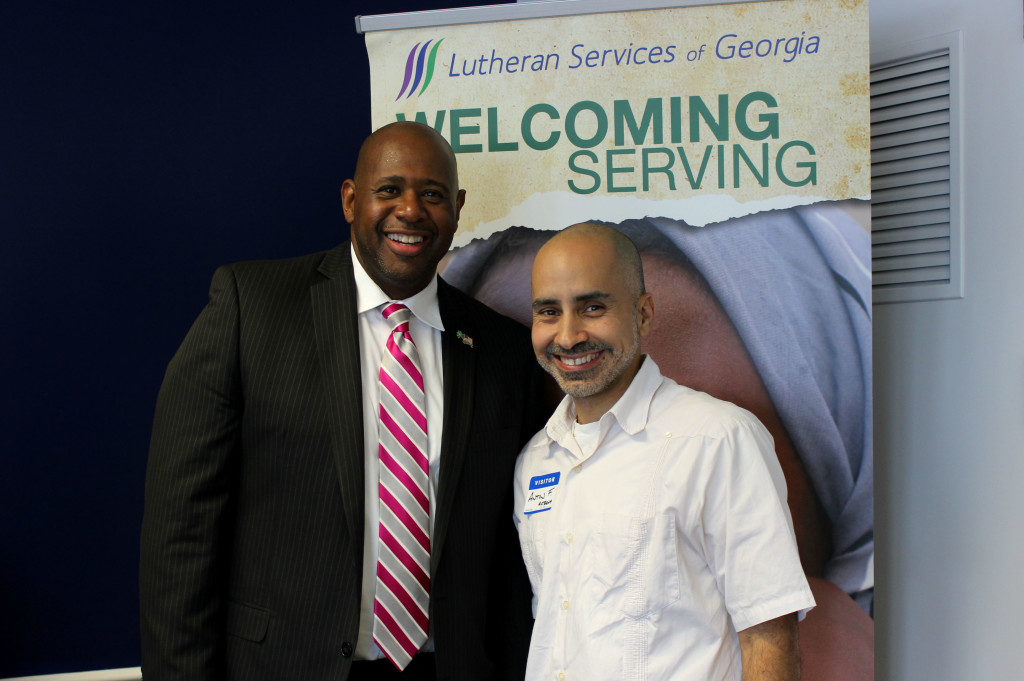 On August 12, 2014, Lutheran Services of Georgia hosted the Summit For Our Children. Organized by the Alterna Community and convened by Alterna co-founder Anton Flores-Maisonet, the Summit For Our Children was a compassionate, just, and timely response to the crises of unaccompanied children and the children of immigrant parents, especially mothers, who are detained or deported.
On August 12, 2014, Lutheran Services of Georgia hosted the Summit For Our Children. Organized by the Alterna Community and convened by Alterna co-founder Anton Flores-Maisonet, the Summit For Our Children was a compassionate, just, and timely response to the crises of unaccompanied children and the children of immigrant parents, especially mothers, who are detained or deported.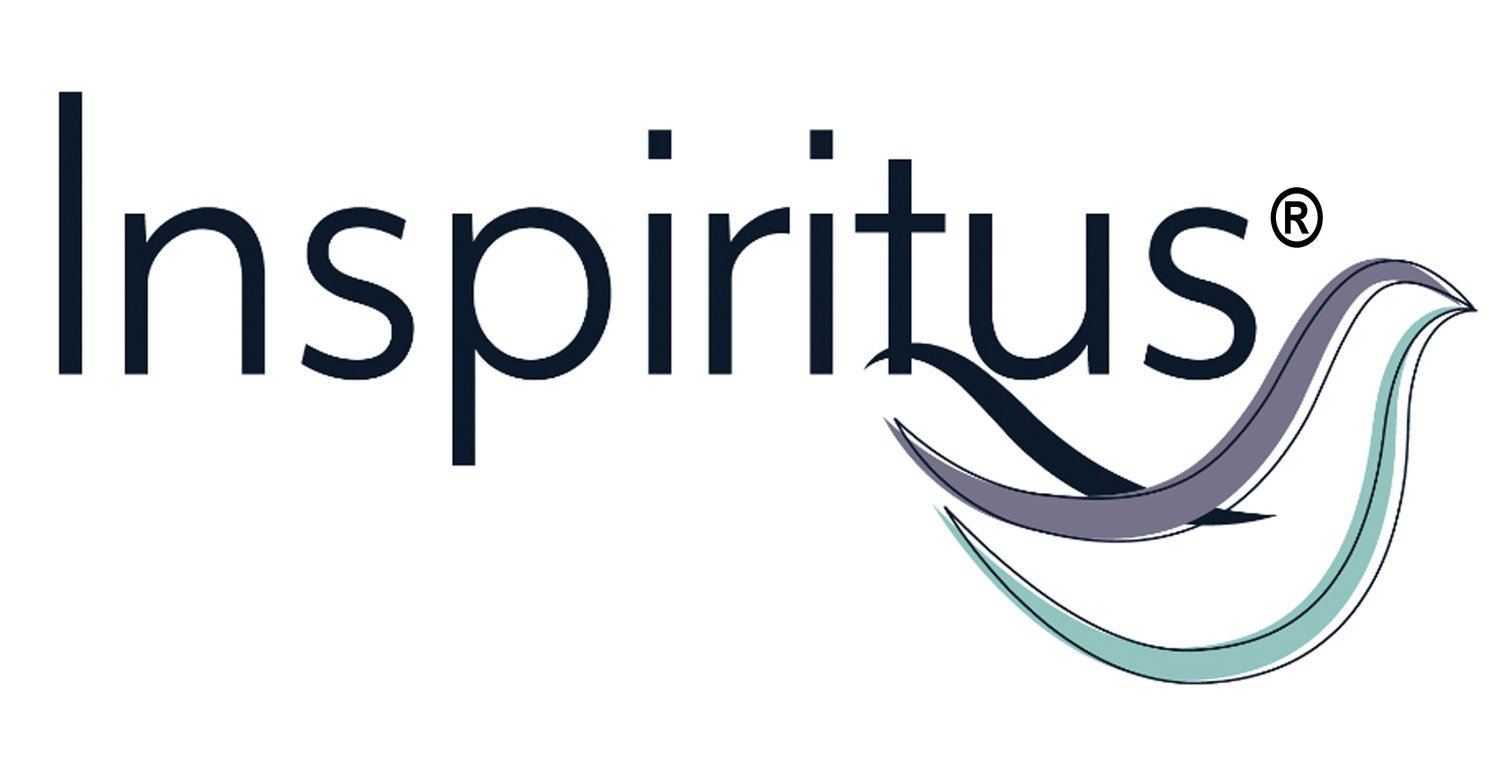

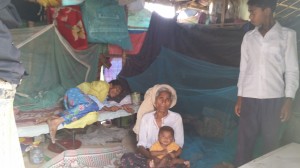


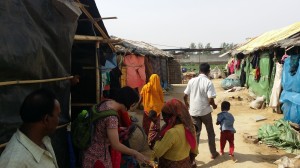
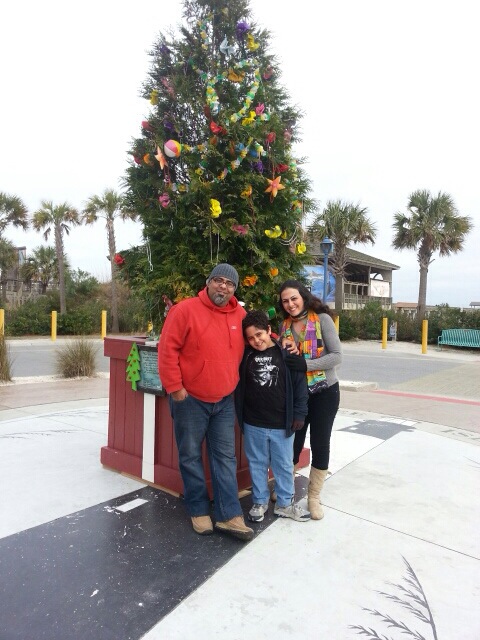
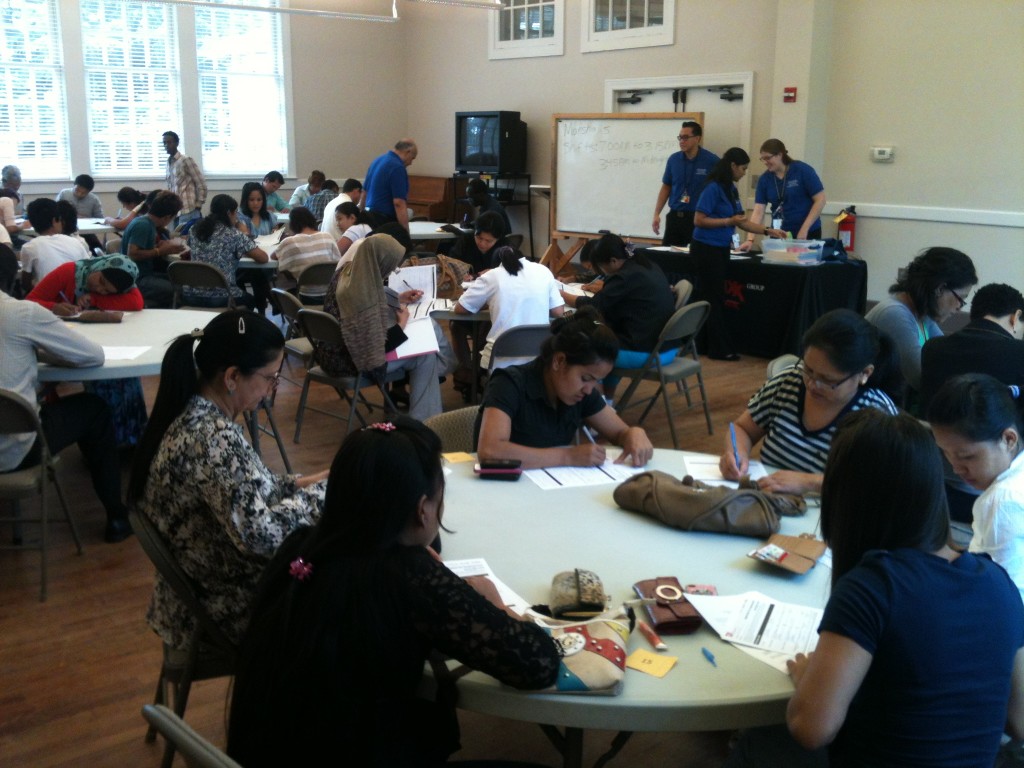

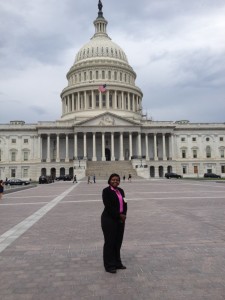 In June, LSG staff member and former refugee Aimee Zangandou joined 51 other participants at
In June, LSG staff member and former refugee Aimee Zangandou joined 51 other participants at 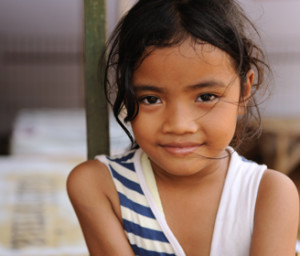 Lutheran Immigration and Refugee Service
Lutheran Immigration and Refugee Service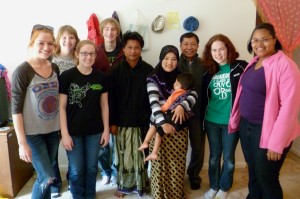 Activist and devout Catholic Dorothy Day wrote, “People say, what is the sense of our small effort? They cannot see that we must lay one brick at a time, take one step at a time. A pebble cast into a pond causes ripples that spreads in all directions.” At Lutheran Services of Georgia, we believe that the smallest pebble, the simplest of acts, has the potential to do great good in the world. To help you get started casting pebbles, here’s a list of small actions you can take to support refugees and immigrants throughout Georgia.
Activist and devout Catholic Dorothy Day wrote, “People say, what is the sense of our small effort? They cannot see that we must lay one brick at a time, take one step at a time. A pebble cast into a pond causes ripples that spreads in all directions.” At Lutheran Services of Georgia, we believe that the smallest pebble, the simplest of acts, has the potential to do great good in the world. To help you get started casting pebbles, here’s a list of small actions you can take to support refugees and immigrants throughout Georgia.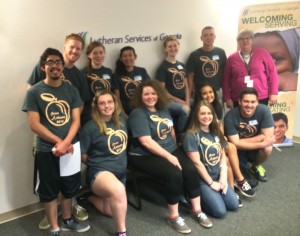 In early May, 11 students from Concordia University traveled from Portland, Oregon to serve with Lutheran Services of Georgia! Together, the students visited refugee families, assisted with cultural orientation classes, and helped set up an apartment for newly arrived refugees. After their week of service, some of the students shared their reflections on their time with LSG. Here’s what they had to say:
In early May, 11 students from Concordia University traveled from Portland, Oregon to serve with Lutheran Services of Georgia! Together, the students visited refugee families, assisted with cultural orientation classes, and helped set up an apartment for newly arrived refugees. After their week of service, some of the students shared their reflections on their time with LSG. Here’s what they had to say: